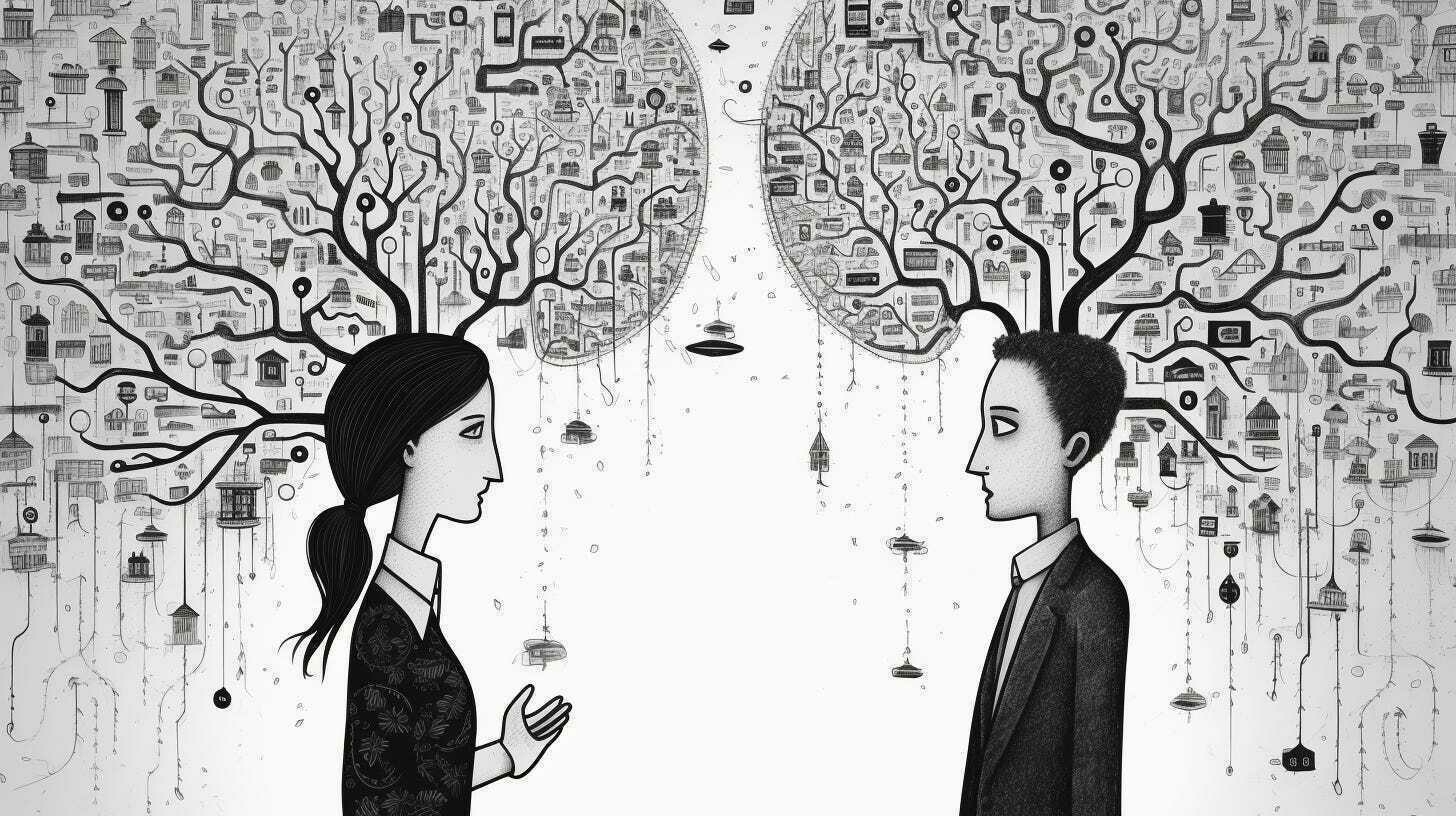Ask culture vs guess culture
I’ve seen this culture clash outlined before, although I wouldn’t necessarily use the labels ‘ask’ and ‘guess for the different approaches. I was raised by a mother who very much (still!) relies on inference to live her life. I’ve found being much more direct useful in living my own.
(I’d also note that the author seems to be playing fast-and-loose with the term ‘Western’ to mean ‘American’ here as British people are much more likely to be guessers than askers in my experience.)

Ask culture and guess culture are vastly different in behavior and expectations. Here are some highlights:Source: Ask vs guess culture | Tech and TeaAsk culture expectations
Guess culture expectations
- Ask for what you want, even if it seems out of reach or like a big unreasonable request
- Take care of your own needs, and others will take care of theirs
- It’s fine to make requests that people will probably say no to
- People say yes to requests that you truly feel good about, say no to ones they don’t
[...]
- Only ask for something if you’re already pretty sure the other person will say yes
- Read an abundance of indirect contextual cues to determine if your request is reasonable to make
- It’s rude to put someone in a position where they have to say no to you
- If the appropriate feelers and context are set, you will never have to make your request at all.
If you’re more a guess-culture person, asking people for help without knowing their circumstances can feel rude or intrusive. Broadcasting publicly your need for help can feel awkward and vulnerable.
[…]
Western society is very much ask culture. A classic example can be found in proverbs. “A squeaky wheel gets the grease” is an American proverb, enforcing the ideas of individualism and that asking for what you want will benefit you.